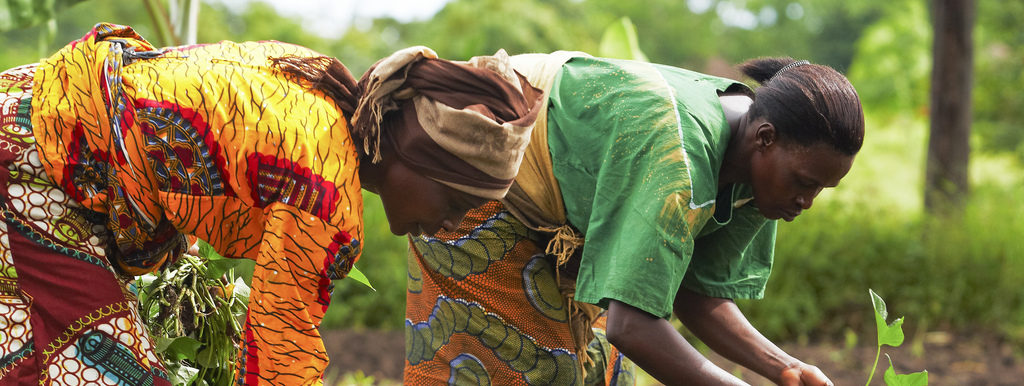Presentations from Learning Event at Agriculture and Rural Development Day 2011 in Durban, South Africa
Objectives
- To share knowledge and experience from the Kenya Agricultural Carbon Project (KACP).
- To establish the relevance of climate-smart agricultural practices for current and future food security.
- To identify and discuss funding and policy options for change.
Summary
The Kenya Agricultural Carbon Project (KACP), developed by the Vi Agroforestry programme, receives mitigation funding from the World Bank’s BioCarbon Fund for soil carbon sequestration and above-ground sequestration in trees.
Apart from providing farmers with a small sum of extra cash, the switch to climate-smart agricultural practices has had the additional benefits of increasing crop yields as well as improving farmer’s resilience to climate change. According to a recent World Bank commissioned study, the crop yield increases alone are worth US$ 200-400/ha/year.
In KACP, Vi Agroforestry and the BioCarbon Fund has developed the Sustainable Agricultural Land Management (SALM) methodology. A model approach to measuring soil carbon sequestration is being used, which has been approved by the Verified Carbon Standard (VCS) agency. SALM is a public good, free for any organization to use.
However, concerns have been raised, notably by the International Agricultural Trade Policy Institute (IATP), about the adequacy of a carbon market approach to financing a shift to sustainable agriculture. This event will also discuss these concerns.
Presentations:
- Amos Wekesa, Kenya Agricultural Carbon Project, Vi Agroforestry
- Ellysar Baroudy, BioCarbon Fund, World Bank
- Karen Hansen-Kuhn, International Agricultural Trade Policy Institute
- Olivia Taghioff: Reporting Key Points
